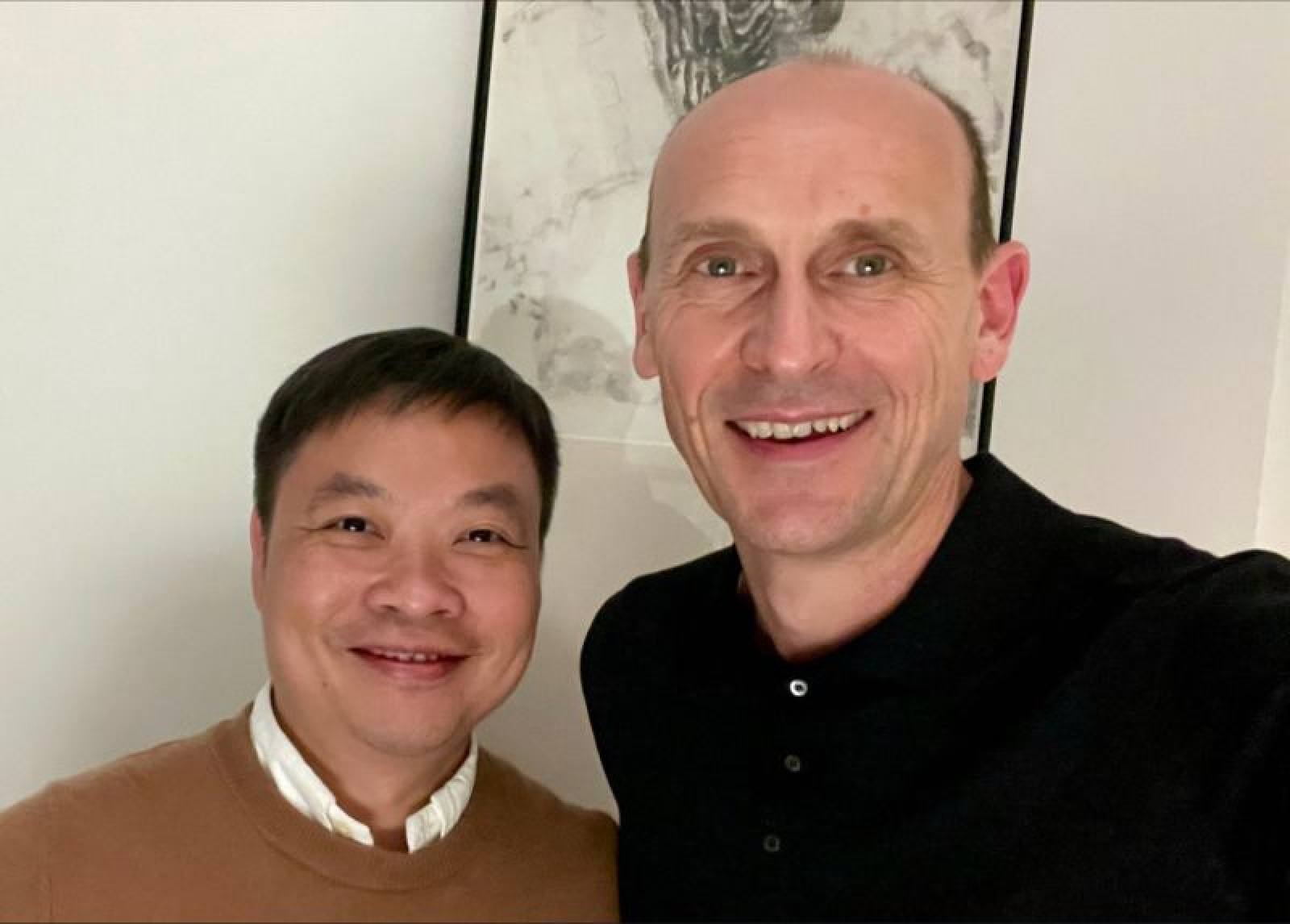
Xpeng gets Volkswagen’s US$700 million investment to jointly develop EVs in China, the world’s largest vehicle market
- The German carmaker would invest about US$700 million for 4.99 per cent of Xpeng, according to a LinkedIn post by Volkswagen’s China chief executive Ralf Brandsatter
- The two companies plan to roll out two Volkswagen-badged midsize EVs in 2026 in China, according to their technological framework agreement
Volkswagen Group said it would invest in one of China’s fastest-growing electric-car (EV) makers to jointly develop automobiles powered by non-fossil fuels, expanding its footprint in the world’s largest market for such vehicles.
He added that two new electric car models, which will target China’s middle-class segment, will be jointly developed for VW after the deals with Xpeng are signed.

The German marque, the top car brand in terms of overall sales on the mainland, has been lagging Tesla and BYD in developing electric cars in China.
Over the past three years, VW has established partnerships with artificial intelligence chip designer Horizon Robotics, battery producer Gotion High-tech, and intelligent car operating system products provider Thundersoft in China to strengthen its EV development capabilities, hoping to churn out new models that can hit a consumer nerve.
“VW is aware of the urgent needs to catch up with global and Chinese rivals in this big EV market,” said Gao Shen, an independent analyst in Shanghai. “Working with Chinese partners with some mature technologies can offer the auto giant a fast track to chase its growth of EV business here.”
Xpeng co-founder and CEO He Xiaopeng shared a selfie with Brandstatter on his Weibo account late on Wednesday evening, saying that the picture had been taken sometime ago, indicating the talks on investment and cooperation had been going on for a while.
Xpeng’s Hong Kong-listed shares surged as much as 34.5 per cent to a record high of HK$81.35, before closing at HK$81 on Thursday. The carmaker’s shares soared by as much as 42 per cent overnight before closing 26.7 per cent higher at US$19.46 in New York. Alibaba Group Holding, which owns this newspaper, has a 13.9 per cent stake in Xpeng.
Overall car sales in the first half in China rose 2.7 per cent year on year to 9.52 million units, according to the China Passenger Car Association (CPCA).
Pure electric and plug-in hybrid cars drove the growth. A total of 3.08 million units were delivered in the first half, up 25 per cent from last year’s 2.47 million. The environmentally friendly cars accounted for 32.4 per cent of the total sales.

